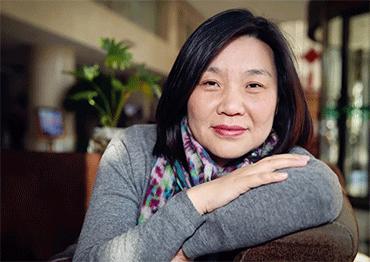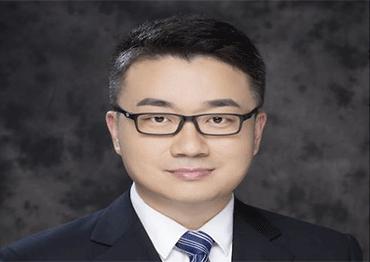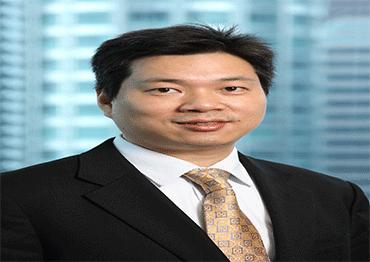“In the past, young people typically got married around major life milestones, such as graduation or starting a job. But today, many only consider marriage when they decide to have children.”
Li Ting, a professor at the Population Development Studies Center and director of the Family and Gender Studies Center at the Renmin University of China in Beijing, in a February interview with news portal The Paper on why China’s marriage rate is declining
“Chinese society is undergoing a profound transformation. As parents born in the 1970s, we often rely on our own experiences when advising our children. But many times, this proves ineffective. While every generation faces such challenges, children’s emotions and mental well-being today require particular attention from society. In fact, this is not just a Chinese issue. It has become a global concern. Author
Liang Hong on her plans for a book on the mental health of China’s youth in a recent interview with NewsChina’s Chinese edition
“Both domestic and overseas enterprises are still searching for the best way to commercialize large AI models. Several firms are now capable of developing models on par with ChatGPT. Next is how to differentiate their models, integrate them into apps and recoup the hundreds of millions in R&D costs amid an impending price war. So far, the answers to these questions remain unclear.”
Liu Zhiyuan, an associate professor of computer science at Tsinghua University in Beijing, in an interview with NewsChina’s Chinese edition
“In recent years, movie producers have taken a misguided approach to filmmaking, focusing too much on vertical markets such as women, ACG (animation, comics and games) and idol culture, in an effort to target specific audiences through precise user profiling. This excessive segmentation has made films increasingly exclusionary. To maximize ticket sales within niche communities, filmmakers have leaned into extreme and provocative storytelling, which in turn further alienates viewers outside those circles.”
Renowned screenwriter Wang Hailin in a February interview with news portal guancha.cn
“The development of new quality productive forces should include two parts: transforming and upgrading the manufacturing sector and that of the service industry. Both must be prioritized equally. To be specific, we should further relax regulations and create a more transparent and predicable policy environment to promote further opening-up of the service industry.
Zhu Haibin, chief economist for China at J.P. Morgan, in a recent interview with the 21st Century Business Herald
“China is one of the countries with the strictest drug control policies and the most rigorous enforcement in the world. As a contracting party to the three UN drug control conventions, China has consistently and resolutely fulfilled its international drug control obligations and actively engaged in international anti-drug cooperation with countries around the world, including the US. Despite the absence of widespread abuse domestically, China became the first country in the world to officially schedule fentanyl-related substances as a class in 2019 out of humanitarian goodwill and at the request of the US side. However, the US has not scheduled fentanyl-related substances as a class on a permanent basis.”
A spokesperson for China’s Ministry of Public Security on February 2, expressing fIrm opposition to the US decision to impose an additional 10-percent tariff on imports from China under the pretext of fentanyl-related issues
“Using AI to select lottery numbers is essentially the same as a random draw, and the odds of winning are no different from choosing them manually. Anyone who claims that AI can predict winning numbers is a fraud.”
China Sports Lottery in a February 12 WeChat post
“Currently, 80 percent of the processing of the world’s key mineral resources is concentrated in China, and some countries worry that such concentration could create a vulnerable supply chain or that China might weaponize its industrial advantage in the new energy sector. Such worries have, to some extent, constrained China’s global expansion in new energy. We have to adopt multifaceted strategies in response.”
Xu Qiyuan, a senior researcher at the China Finance 40 Forum (CF40) and deputy director of the Institute of World Economics and Politics, Chinese Academy of Social Sciences, at the World Economic Forum 2025 held in Davos, Switzerland from January 20 to 24

 Old Version
Old Version




